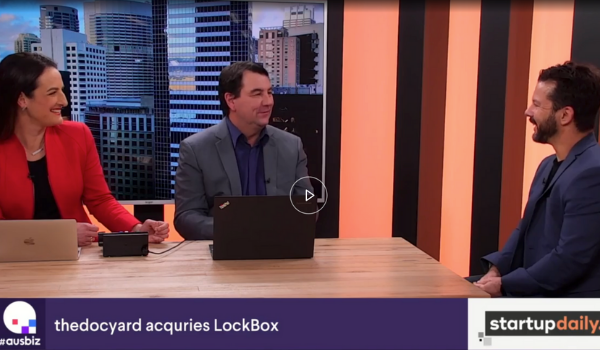Amit Anil
- Aug 3, 2020
- 3 min read
The Past, Present and Future of Cloud Computing
Gartner forecasts the global cloud computing market to be worth $266.4 billion in 2020. This exceeds earlier estimates, as cloud services have provided a vital lifeline to many businesses during coronavirus lockdowns.
With cloud computing getting more attention than ever and the timeline of projected developments accelerating, businesses of all sizes across the sectors are eager to learn more about these technologies that have been around for longer than most people realise.
Beginnings
The origin story of cloud computing predates the internet itself. In the 1960s and 1970s, large IT vendors such as IBM and DEC offered time-sharing services through platforms such as Remote Job Entry (RJE) and early UNIX ports, a precursor to today's data centre model.
Of course, it wasn't until the growth of the internet in the 1990s that cloud computing could begin to take on its current form. Use of the term 'cloud' for distributed computing can be found as early as 1993, but cloud computing proper would only emerge at the end of the decade with the launch of Salesforce's customer relationship management (CRM) tools in 1999, helping software providers to deliver a variety of applications over the internet.
Development
Another landmark was the launch of Xen's Virtual Machine Monitor (VMM) in 2003, which enabled multiple virtual operating systems to be run on a single server through a hypervisor. Then in 2006, Amazon's higher-profile Elastic Compute Cloud and Simple Storage Service platforms helped to make cloud computing more accessible with affordable pay-as-you-go pricing.
This was joined over the next decade by the likes of Google App Engine and Compute Engine, Microsoft Azure, IBM SmartCloud and NASA's open-source OpenNebula and OpenStack, the latter in collaboration with Rackspace, along with many smaller and more specialised providers catering to different client needs.
Cloud Computing Today
Growth in the adoption of cloud-based technologies was already strong even before the COVID-19 pandemic highlighted its benefits for enabling anyone in an organisation to access and collaborate on resources and giving businesses the freedom to scale their service plan according to their changing needs and budgets.
Cloud computing is now firmly established in many aspects of business, from collaborations on documents to completing entire legal and financial transactions through a single platform. More companies are becoming aware that their data doesn't have to sit on their own physical infrastructure and are embracing the flexibility of virtual infrastructure.
The Future: Cloud-first Business Models
There's no doubt that cloud computing will continue to play a more prominent role in business over the next decade, with analysts predicting that 50% of IT will be hosted in the cloud within the next few years and decreasing reliance on legacy systems.
Continuing research and innovation, rapid growth of data centres and dropping prices will enable businesses of all sizes to adopt new cloud-based business models and to access virtually unlimited resources.

thedocyard Limited (ASX:TDY) is a developer and provider of cloud-based software that is designed to allow all aspects of legal and financial transactions to be undertaken on the one central platform.
The company has a strong competitive position as they offer a complete transaction wide solution to manage and complete a deal, all within a secure encrypted cloud environment.
thedocyard (ASX:TDY) listed in February after a hugely successful $25 million float. In less than 6 months of listing, thedocyard has acquired 100% of LockBox Technologies.
The founder and CEO of thedocyard (ASX:TDY), Stuart Clout, discusses the digitisation of office practices amidst the COVID-19 pandemic. Now more than ever, workflow is dependent on the digital sphere to make corporate events "..faster, better and safer."
Read about the acquisition here and more in TDY’s ASX latest quarterly report.
Stuart Clout, CEO is available for an interview. Contact Donna Warner, Barclay Pearce’s Chief Marketing Officer: donna@barclaypearce.com.au
www.thedocyard.co
To keep up to date with thedocyard and more developments in the cloud computing industry, subscribe to the TDY Chairman’s List.
Share Link







